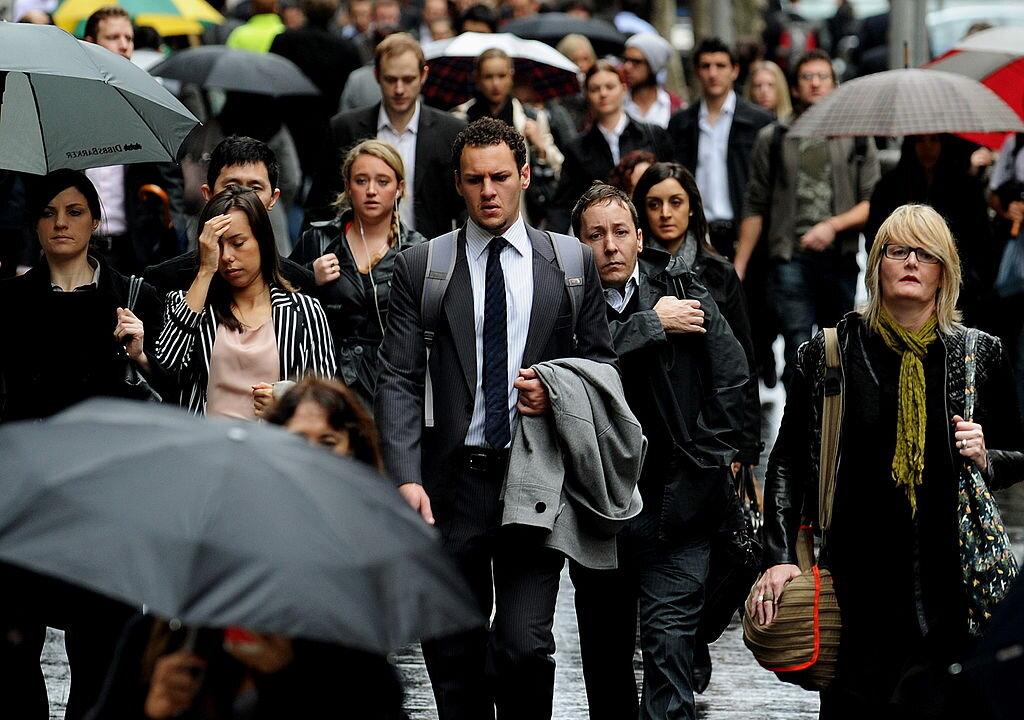Commentary
Are there too many human beings on planet Earth? This is not an empirical question, but a normative one. It depends on one’s perceptions, assumptions, beliefs, and understanding (or lack thereof).

Are there too many human beings on planet Earth? This is not an empirical question, but a normative one. It depends on one’s perceptions, assumptions, beliefs, and understanding (or lack thereof).